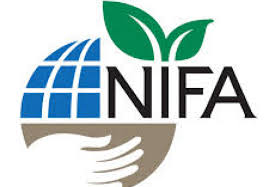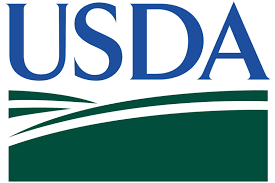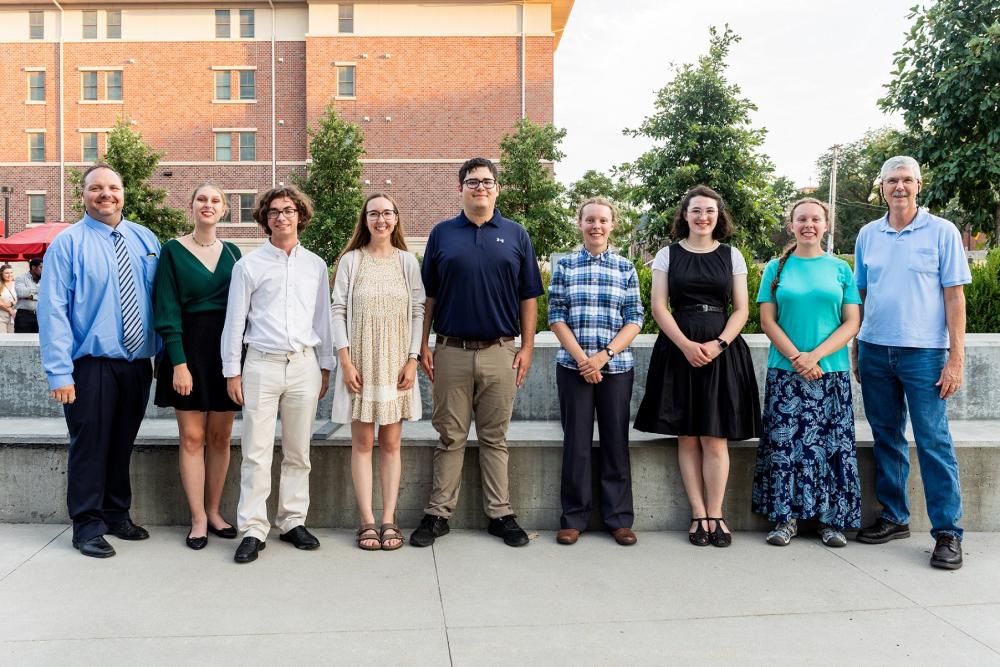

For information contact
Funding Source
Who should apply
Related fields
- Entomology
- Biology
- Bioinformatics
- Agriculture
Eligibility
Participation in the Nebraska Summer Research Program is limited to students who meet the following criteria:- U.S. Citizen or Permanent Resident
- Current undergraduate with at least one semester of coursework remaining before obtaining a bachelor's degree
See Eligibility for more information.
How to apply
Follow the application steps to submit the following materials.
About the Program
Students will engage in research and extension opportunities focused on beneficial arthropods in agroecosystems (bees, butterflies, beetles), pest control (natural enemies), nutrient cycling (dung beetles, soil dwellers), and biological indicators (aquatic insects) of the quality of our environmental surroundings.
The goal of our REU program is: (1) teach and nurture interest in science (2) to teach the students how to communicate science to scientists and the public through training and hands-on experiences, (3) foster skills in students for developing extension education materials including innovative uses of online apps, social media, and other technological tools to reach broad audiences, and (4) to significantly impact the career decisions of these students by providing academic research experiences and field trips to businesses and organization engaged in research and extension around beneficial insects.

Benefits
- Competitive stipend: $6,000
- Suite-style room and meal plan
- Travel expenses to and from Lincoln
- Campus parking and/or bus pass
- Full access to the Campus Recreation Center and campus library system
- Wireless internet access
Learn more about academic and financial benefits.
Events
- Department seminars and presentations
- Professional development workshops (e.g., applying to graduate school, taking the GRE)
- Welcome picnic
- Day trip to Omaha's Henry Doorly Zoo and Aquarium
- Outdoor adventures
- Research symposium
Mentors and Projects
Dr. Troy Anderson Department of Entomology, UNL
Pollinator Health and Protection, Integrated Physiology, Biology, and Toxicology
Dr. Anderson’s research focuses on the broader aspects of physiology and biochemistry that integrates toxicological, pharmacological, molecular, and genomic approaches to address fundamental questions for pollinator health protection and arthropod pest management. Dr. Anderson will assist with the initiation, development, synthesis, and interpretation of research activities that focus on pesticide and medicinal chemistries that affect parasite infestations and pathogen infections of pollinating insects.
Dr. Gary Brewer Department of Entomology, UNL
Science Communication, Leadership
Students working with Dr. Brewer will study biological control strategies on stable flies. Stable flies are important pests of farm animals and humans. They also vector blood-borne zoonotic diseases. Students will work on a novel approach to managing stable flies in this project. Work will be conducted in both lab and field settings.
Dr. Doug Golick Department of Entomology, UNL
Human Dimensions of Insect Conservation, Science Communication, and Extension
Dr. Golick’s research focus is on science learning in informal and formal learning environments and the human dimensions of pollinator conservation. Students with Dr. Golick will work on survey and interview approaches to investigating questions around the human dimensions of insect conservation. This summer students may instead examine over 20 years of bumble bee observations in NE comparing the presence of species to changes in ecosystems.
Golick also serves as the program’s professional development experience coordinator along with co-PI Brewer.
Dr. Joe Louis Department of Entomology, UNL
Plant-Insect Interactions and Plant Protective Properties
Dr. Louis’s research focuses on understanding endogenous plant defense mechanisms and to better understand the behavior and chemical ecology of multi-trophic interactions between plants, pests, or beneficial species. Undergraduate students under his mentorship will be given a specific project to complete that will require them to become familiar with feeding behavior analysis, RNA techniques, and to identify and quantify the different defense-related phytohormones or blends of volatile organic compounds (VOC) that can attract natural enemies of the attacking herbivores.
Dr. Louise Lynch-O'Brien Department of Entomology, UNL
One Health Literacy, Tick Surveillance, and Community Science
Dr. Lynch-O’Brien’s research focuses on educational behavioral and health outcomes of One Health Extension programming. Current projects include One Health literacy, community science-driven tick surveillance, and beneficial insects in indigenous garden programs.
Dr. Justin McMechan Department of Entomology, UNL
Field Crops Entomology, Plant-Insect-Virus Relationships, Extension
Dr. McMechan’s research and extension efforts are focused on a wide range of topics, such as arthropods in cover crop systems, insect-hail interactions, and a new species in soybean, the soybean gall midge. Unexpected pest outbreaks often result in an over-application of insecticides to mitigate risk. As a result, his lab’s research is directed toward understanding the interactions between insects and managed environments. Methods for data collection utilize traditional sampling techniques (pitfall traps, plant collections, sweep nets, and brine extractions) along with cutting-edge technologies such as UAV, time-lapse and GoPro cameras. These digital technologies are processed within the lab to create standalone products for communicating with clientele.
Dr. Shaonpius Mondal Department of Entomology, UNL
Arthropod Vectors of Plant Pathogens
Dr. Mondal’s research involves arthropods (e.g., mites, aphids, true bugs) vectored plant diseases' impact on both specialty and grain crops. Dr. Mondal and his team will mentor students on arthropod vectors of plant viruses research and related extension and outreach projects.
Dr. Julie Peterson Department of Entomology, UNL
Field Crops Entomology, Beneficial Insects, and Extension Development
Dr. Peterson’s research involves applications for Integrated Pest Management (IPM) and resistance management in field crops. Peterson will facilitate REEU student extension projects so that they can see the translation of research into real-world recommendations for farmers, agricultural professionals, and other stakeholders.
Dr. Leslie Rault-Bucklin Department of Entomology, UNL
Arthropod Vectors of Disease and Extension
Dr. Rault-Bucklin's Research Expertise includes the Management of arthropod vectors of diseases of veterinary and medical importance - Elucidation of molecular mechanisms of insecticide and acaricide resistance - Detection of disease-causing pathogens in arthropods - Optimization of methods for arthropod models. Students working with Dr. Rault Bucklin will investigate arthropod vector spread and potential risk due to human-related activities (e.g. pollinator gardens, agriculture, climate change) and public awareness of mosquito prevention practices through extension and education efforts.
Dr. Autumn Smart Department of Entomology, UNL
Landscape Ecology, Honey Bee Health
Dr. Smart’s research examines interactions between plants and pollinators and bee health within the context of land use and habitat. The student will be responsible for conducting research within this framework and/or analyzing previously-collected datasets. Further, s/he will assist graduate students in the UNL bee lab with field work pertaining to their individual projects, thus affording the REEU student a broad range of experiences related to pollinator ecology and bee health studies.
Dr. Ana Velez Department of Entomology, UNL
Insect Toxicology
Dr. Velez’s research focuses on understanding how insects respond and adapt to chemical stressors and spreads across three different levels of biological organization: molecular, organismal and population, to evaluate the safety of insect control products.
Dr. Tom Weissling Department of Entomology, UNL
Milkweed-Insect Interactions, Monarch Butterflies, Other Pollinators
Dr. Weissling will mentor REEU student research at prairie and urban/suburban garden field sites. Milkweed and other flowering plants at these locations will be sampled for pollinators. Data will be used to exam correlations between pollinator diversity and abundance and habitat type. REEU students research tasks will include the establishment of sampling protocols, identification of insects, data analysis, and research poster creation.
Dr. Judy Wu-Smart Department of Entomology, UNL
Beneficial Insect Protection, Honey Bee Health, Extension
Dr. Wu-Smart’s research explores different ways to promote sustainability and resilience in pollinator ecosystems. Research experiments will be co-designed with student input and may cover areas of interest such as pest/disease management, social behaviors, ecology, pollinator-plant interactions, social immunity, and detoxification in bees.